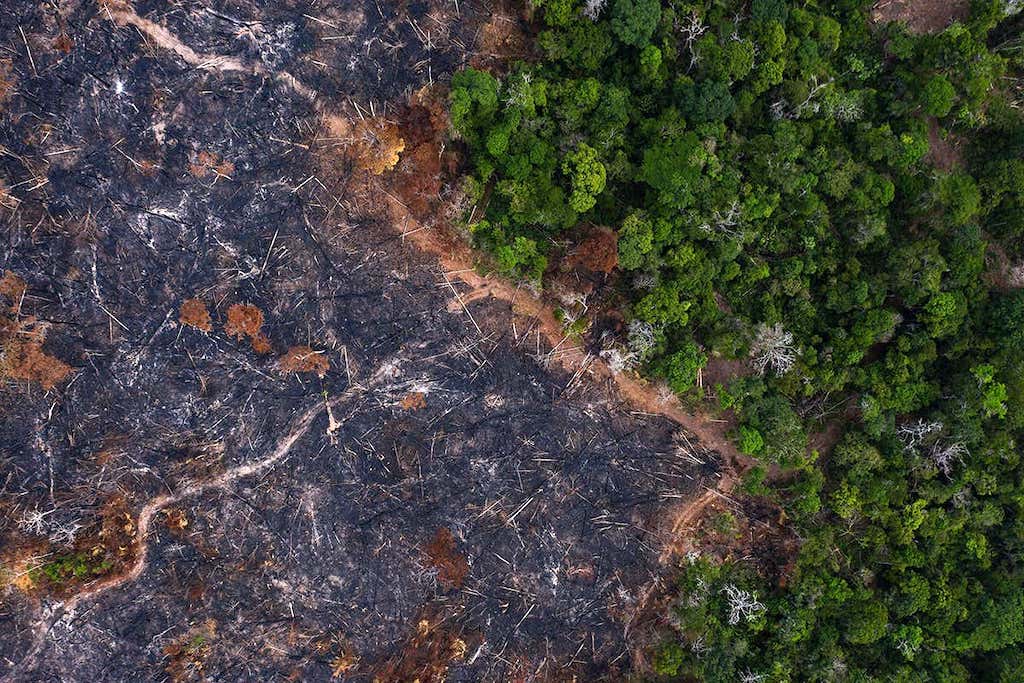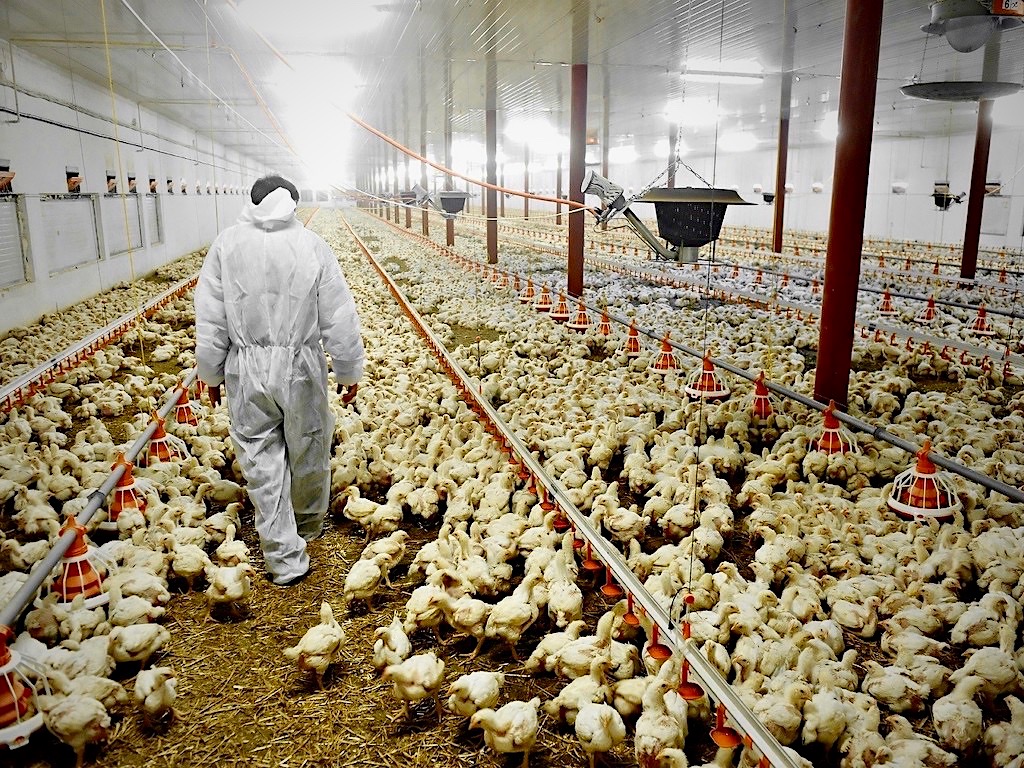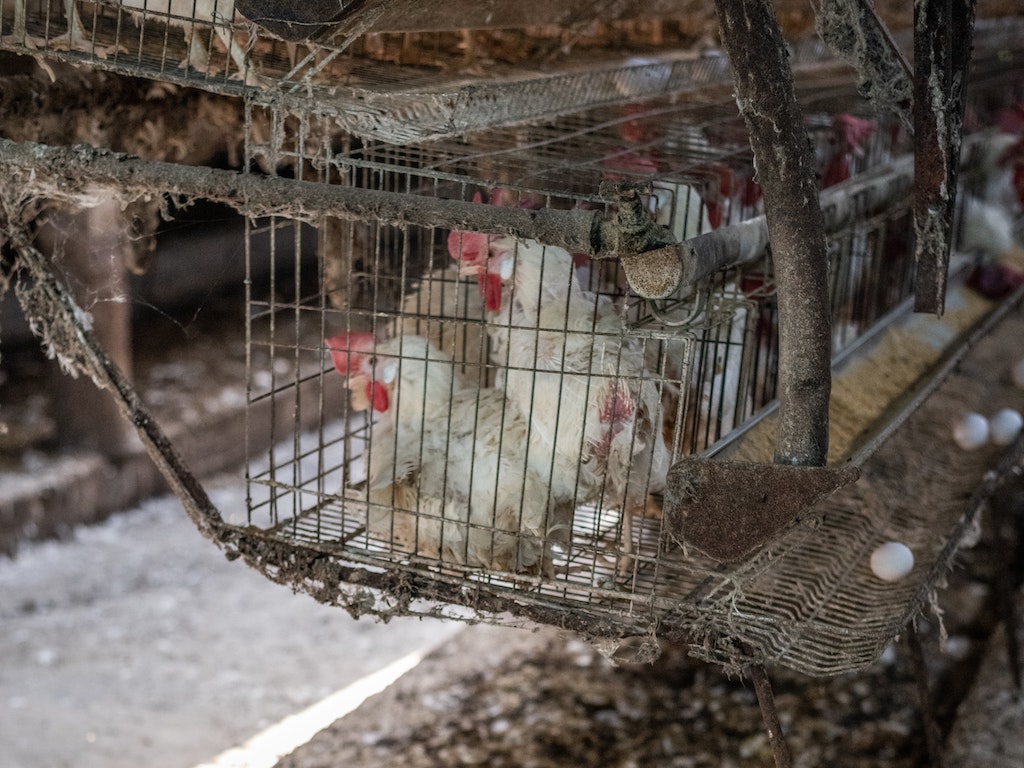4 Mins Read
As we continue to battle the ongoing coronavirus crisis, the world must also look ahead to prevent entering into an “era of pandemics” where emerging zoonotic diseases will spread more rapidly and frequently. In a newly released report, biodiversity and pandemic experts say that worse crises are to come unless we take measures to end the risk drivers such as deforestation, intensive animal agriculture and the wildlife trade.
The new IPBES workshop report led by the U.N. agency on biodiversity and ecosystem services, published in late October, says that there could still be anywhere between 540,000 to 850,000 unknown viruses in nature that could infect humans and bring about deadlier, costlier and more frequent pandemics in the future. Describing the future scenario as an “era of pandemics”, the report states clearly that addressing the main risk factors must be prioritised, and that the cost of prevention represents is 100-times lower than the economic impact from the current Covid-19 pandemic alone.
Widely considered as one of the most scientifically robust investigations into the evidence about the links between pandemic risk and nature, the IPBES workshop report brought together 22 of the world’s top experts and contributions from over 600 sources from diverse fields, including in epidemiology, zoology, public health, wildlife health and public policy.
The same human activities that drive climate change and biodiversity loss also drive pandemic risk through their impacts on our environment. Changes in the way we use land; the expansion and intensification of agriculture; and unsustainable trade, production and consumption disrupt nature and increase contact between wildlife, livestock, pathogens and people. This is the path to pandemics.
Dr. Peter Daszak, Chair of IPBES Workshop

Read: World’s top scientists say worse pandemics to come if we keep destroying nature
“There is no great mystery about the cause of the Covid-19 pandemic – or of any modern pandemic”, said Dr. Peter Daszak, chair of the IPBES workshop and president of EcoHealth Alliance.
“The same human activities that drive climate change and biodiversity loss also drive pandemic risk through their impacts on our environment. Changes in the way we use land; the expansion and intensification of agriculture; and unsustainable trade, production and consumption disrupt nature and increase contact between wildlife, livestock, pathogens and people. This is the path to pandemics.”
Among the specific measures that the experts recommended include the creation of an intergovernmental council on pandemic prevention to predict high-risk areas and coordinate a global monitoring framework, institutionalising a “One Health” approach in national government strategies across sectors, and enhancing law enforcement in all aspects of the illegal wildlife trade.

Read: Demand for animal protein & livestock farming is driving zoonotic pandemics, U.N. report finds
We have the increasing ability to prevent pandemics – but the way we are tackling them right now largely ignores that ability.
Dr. Peter Daszak, Chair of IPBES Workshop
Critically, the report also says that there must be a seismic shift to reduce animal livestock production – a key driver of pandemics, as an earlier U.N. report had already established. To incentivise and enable the transformation away from intensive livestock farming, which contributes to unsustainable land use, deforestation and enormous carbon emissions, the experts say that taxes or levies could be introduced on meat consumption.
“We have the increasing ability to prevent pandemics – but the way we are tackling them right now largely ignores that ability,” said Dr. Daszak.
“Our approach has effectively stagnated – we still rely on attempts to contain and control diseases after they emerge, through vaccines and therapeutics. We can escape the era of pandemics, but this requires a much greater focus on prevention in addition to reaction.”
This article is part of Green Queen Media’s partnership with the SDG Media Compact, aimed at raising awareness and sharing information about the United Nations Sustainable Development Goals and other health and environmental information from the United Nations.
Lead image courtesy of Unsplash.




